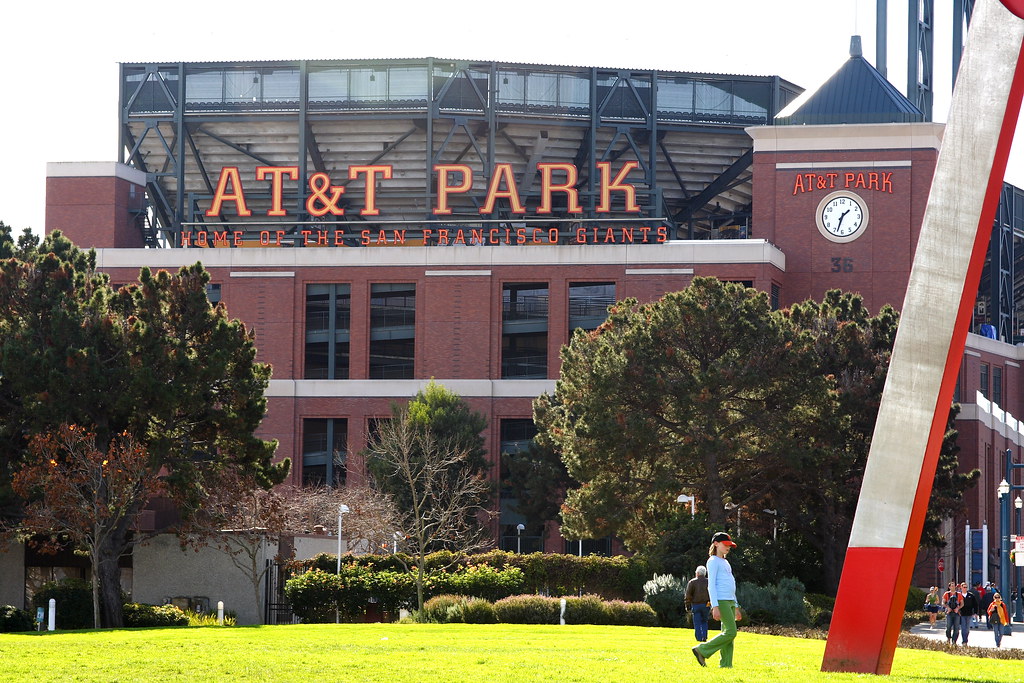The bankers and the big dog finance guys are taking a huge hit in the press and in Congress right now, the large bonuses being paid to people who don’t seem to have done a lot of good for their companies recently being fodder for a thorough bashing. It’s hard to feel much sympathy for those on the wrong end of things right now; these are, after all, people who’ve pocketed large amounts of money over the “good” years for activities that, in retrospect, don’t seem to have had much efficacy.
But once past the pure joyous schadenfreude of watching the ‘Masters of the Universe’ get a well-deserved whack upside their collective heads, it’s less clear what can, or should, be done to change a situation that’s clearly gotten out of hand. It’s not just that some people are making (or have made in the past) a lot of money. People will, of course, always be more or less envious of those better off than themselves, but the current public outcry over excessive compensation goes beyond that. It’s not run-of-the-mill class warfare we’re dealing with, but with something deeper and more troubling, which I can illustrate with:
A personal story, about a Saturday afternoon in May 1988: At that time, I was a senior associate at a large prestigious law firm in San Francisco. I got to that position by having extremely high college entrance exam scores, by getting high grades in college, by graduating Phi Beta Kappa, by getting high LSAT scores, and by finishing second or third in my class at an Ivy League law school. I say that not to be arrogant (those who know me will confirm that I’m no genius, and that I am generally distrustful of intellectuals and academics, excepting my father-in-law), but to make the point that I was one of the more able and successful individuals churned out by the (at that time, anyway) excellent system of education in the U.S. I had intellectual ability, a work ethic, and outstanding training.
So what was I doing on this particular Saturday afternoon in May? I was sitting in a conference room on the 30th floor of an office building, sifting through copies of old insurance policies of the client, finding particular provisions in those policies, then using scissors to cut the provisions out and past them into the appropriate place in a large series of binders that came to be called The Tome. The client was involved in a large insurance dispute, having sued numerous companies who had insured it over a 40-plus year period. The judge in his wisdom had decided that he needed all of the relevant policy provisions placed in binders, so he could see on a year-by-year, provision by provision basis what the policies said. So on this Saturday in May I sat in one of my firm’s conference rooms, cutting and pasting, just like I’d learned in Kindergarten.
But it wasn’t just me. All around the Bay Area on this Saturday in May, other mid- to senior-level associates, representing the insurance companies, were sitting in their conference rooms, checking my cutting and pasting and, if necessary, calling me on my mistakes and cutting and pasting themselves.
At one point I was taking a break, looking out at the fog creeping through the Golden Gate past Alcatraz, when it hit me – what an incredible, incredible waste of intellectual talent and effort. Me and my opposing counsel, the cream of the American educational system, sitting in conference rooms doing … what? Conducting experiments to find new renewable sources of energy? No. Seeking new cures for cancer, or lupus, or diabetes, or alzheimers? No. Discovering the workings of that most remarkable of organs, the human brain? No. Furthering man’s understanding of genetics? No. Exploring the new world of nanotechnology? No. Teaching a child, or an adult, to read? No. Researching ways to make traffic flow better, or to make the economy, or society, function better? No. We were cutting and pasting. Cutting and pasting. Cutting and pasting so that money might flow (or not flow) from one giant company to another giant company. And being paid ridiculous sums for our trouble.
The real problem with the big dog bankers and lawyers and financiers and brokers is not just that they get paid too much. The real problem is that their work inherently wastes human intellectual capital and effort by siphoning off many of our best and brightest into difficult, all-consuming work that ultimately does not create anything. Because what they do – “deals” and “transactions” and “cases” – are almost always zero-sum games at best, serial rearrangements of assets or companies or money, or all three, from one owner/pot to another owner/pot, a continuous churning whose ultimate beneficiaries are the very bankers and lawyers and financiers and brokers who suggest them. And who, it must be noted, profit handsomely from the churn, taking increasing larger portions of what Tom Wolfe in Bonfire of the Vanities called the “golden crumbs” that fall from the constant slicing and re-slicing of the corporate cakes.
I know the counterargument: That facilitating mergers and acquisitions and filing lawsuits and conjuring up new financing arrangements increases economic efficiency, thus ultimately decreasing costs and increasing productivity. Perhaps in a few cases this is true, but in most cases it seems the only sure winners are the deal-makers, with the other parties to the transaction – shareholders, employees, and all management except those at the tip-top – actually worse off after the transaction/deal/case is over than before.
Even if we were to posit some marginal benefit to the economy from the churn, I do not believe the benefit is worth the effort, particularly when “opportunity costs” are factored in. When you take many of the best and brightest and hardest-working products of our educational system, and put them into jobs where their day-to-day work is the intellectual equivalent of digging ditches, that is a huge loss to society, because not only are they not accomplishing much of real social benefit doing what they are doing, but that are distracted from applying their talents to problems and work that could produce real social value. I spend a Saturday cutting and pasting insurance policies into a binder, instead of researching … well, anything else. Each of the 12 other associates “opposing” me on our mindless case do likewise. Wasted minds, wasted work.
So what’s the solution? Here’s an idea I’ve had for some time: Congress should adopt “The Parasitic Professionals Retraining Act.” It would provide money for any professional now working in a parasitic profession (attorneys, bankers, financiers, stockbrokers, etc.) to return to school to obtain a degree in a science (physics, chemistry, biology, geology, etc.) If the recipient then works for four years in a research position or for a public entity, the money is considered a grant and forgiven. The program would be funded (God I love this part) by a supplementary, highly-progressive tax on any attorney, financier, etc. making more than $150,000 per year. A carrot and a stick, designed to provide incentives to make sure our brainpower and our efforts are more properly targeted.
The results could be amazing. We can take third-year associates who spend 60 hour weeks researching arcane legal issues or mindlessly reviewing documents and change them into third year engineers who spend 60 hour weeks researching how to increase the efficiency of photovoltaic cells, or into third year biologists researching new genetic therapies for diseases, or into third year chemists researching new materials that are less harmful to the environment. We can focus again on producing, rather than just rearranging.
All we need now is some language for the bill. I’ll start drafting, if you will. Post your drafts in the comments section, and I’ll take a shot at combining them. The Parasitic Professionals Retraining Act – change we can believe in (although … we might need a kinder, gentler name)


![Reblog this post [with Zemanta]](http://img.zemanta.com/reblog_e.png?x-id=2ccde8b4-7e22-4827-beaf-b91c3d475d27)



